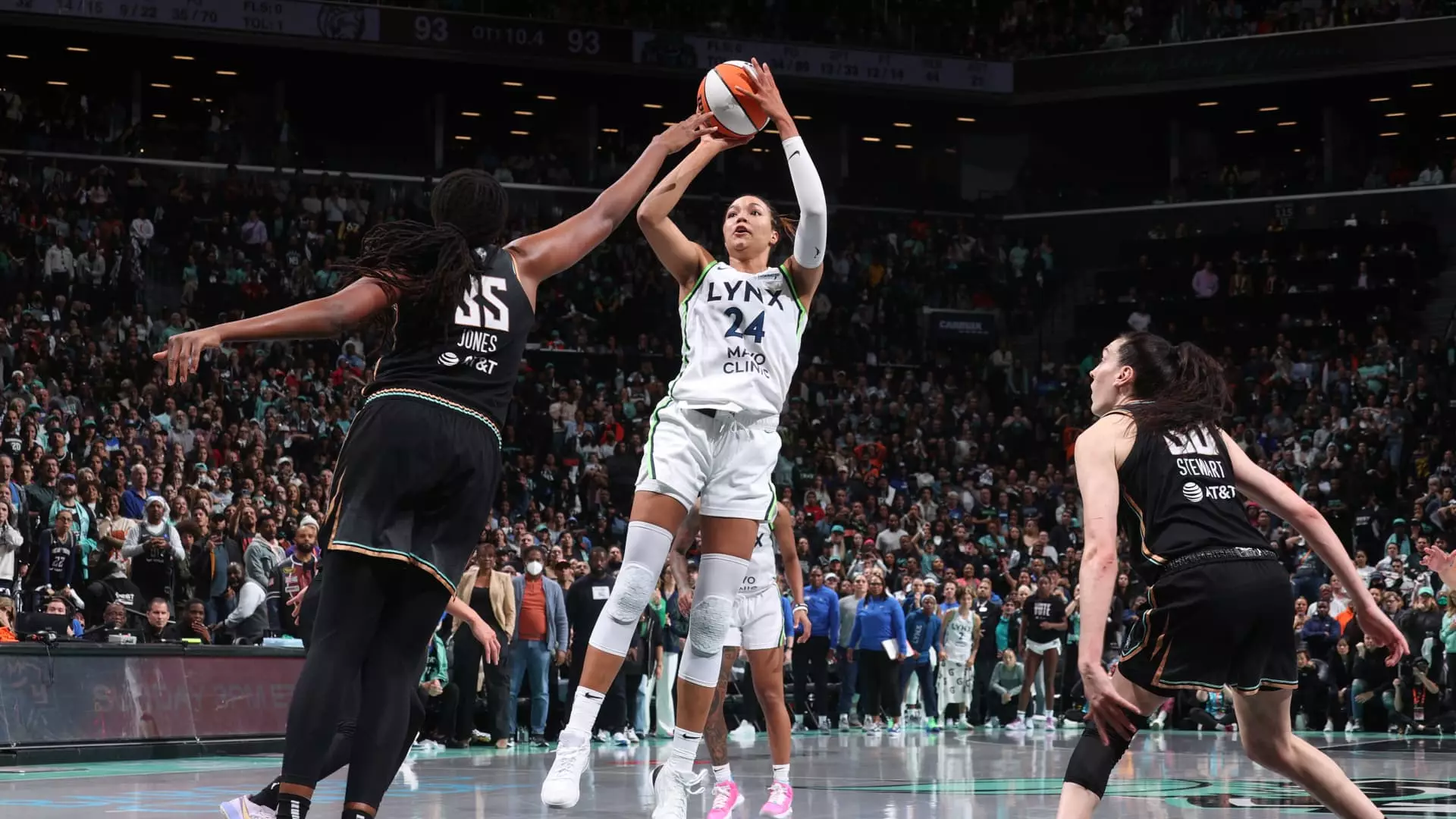The WNBA’s recent announcement of three new expansion teams—Cleveland, Detroit, and Philadelphia—promises an exciting evolution in women’s professional basketball. This strategic growth will increase the league from 13 to 18 teams over the next five years, with franchise fees reaching a historic $250 million per team. While the league positions this move as a landmark achievement, it also exposes complex challenges about sustainability, market readiness, and the true commitment to women’s sports.
Ambitious Growth: Opportunity and Optimism
Commissioner Cathy Engelbert’s description of the announcement as a “truly monumental day” for the league captures the spirit of this expansion. Each city selected has a rich basketball heritage, and tapping into these passionate fan bases appears to be a smart way to build the league’s visibility and commercial power. Cleveland, despite hosting a WNBA team before—the Rockers, which folded in 2003 due to financial struggles—now has a fresh chance for revival. Detroit and Philadelphia also benefit from strong NBA affiliations, promising organizational support and marketing infrastructure. New teams in these cities could ignite renewed excitement and foreground women’s sports in places ripe for growth but historically underserved.
For the WNBA, expansion at this scale signals an assertive belief in the product and its future. Reaching an 18-team league is a milestone that implies increased national footprint, more televised games, and greater player opportunities. The hefty $250 million entry fee per team, though seemingly high, also reflects growing confidence from investors in the league’s potential economics—even compared to men’s sports leagues, this is a notable valuation for women’s basketball.
Financial Hurdles and Historical Lessons
But the history of women’s professional basketball teams in these cities tempers this excitement with realism. The Cleveland Rockers’ demise was a reminder that fan attendance and profitability remain elusive for the WNBA’s older franchises. Low ticket sales and insufficient local support can swiftly undo optimistic expansion plans. Detroit’s Shock franchise, although successful on the court, ultimately relocated after over a decade, indicating that winning alone cannot guarantee sustainability without solid business fundamentals.
The league’s decision to charge $250 million per franchise is ambitious, but it also raises questions. Are owners willing to invest that much without sure-fire returns? Can the WNBA maintain fan engagement and revenue to justify these fees? The league and its new owners will need to harness not only passion but astute marketing, community involvement, and innovative media strategies to avoid repeating past failures.
Market Selection: A Calculated Risk
The league’s vetting process saw over a dozen cities express interest, including Houston, Kansas City, and Miami. Excluding some well-established markets like Houston—for now—suggests that the WNBA is balancing economic feasibility and market enthusiasm carefully. Houston, with its robust sports market and diverse population, remains on the league’s future radar, indicating thoughtful pacing rather than reckless expansion.
This approach reflects center-wing liberal pragmatism: growth should be managed and purposeful, rather than symbolic or purely political. Turning cities with dormant or failed women’s teams into thriving soccer balls of progress requires more than just a franchise announcement—it demands authentic community engagement, investment in women sports development programs, and partnership with local governments to cultivate fan bases.
Beyond Basketball: Social Impact and Cultural Momentum
Beyond the bottom line and sports triumphs, this expansion has the potential to further boost women’s representation in professional athletics. It can create more role models, improve gender equity in sports, and help challenge persistent stereotypes. However, effective long-term change will depend on how these teams integrate into their communities. Will they be seen as mere business ventures, or as genuine contributors to the cultural and social fabric?
Ownership groups with NBA ties—like Detroit Pistons owners Tom and Holly Gores and Philadelphia’s Harris Blitzer Sports & Entertainment—bring expertise and resources but must be wary of mere brand-extension failures. The risk is that women’s teams become secondary or sidelined enterprises instead of fully invested franchises with unique identities and ambitions.
Ultimately, the WNBA’s expansion is a bold and necessary gamble. It embodies a hopeful vision for women’s sports that can inspire millions. Yet, its success hinges on transcending historical pitfalls and cultivating genuine, sustained passion that turns announcements into arenas buzzing with fans every game night.


Leave a Reply